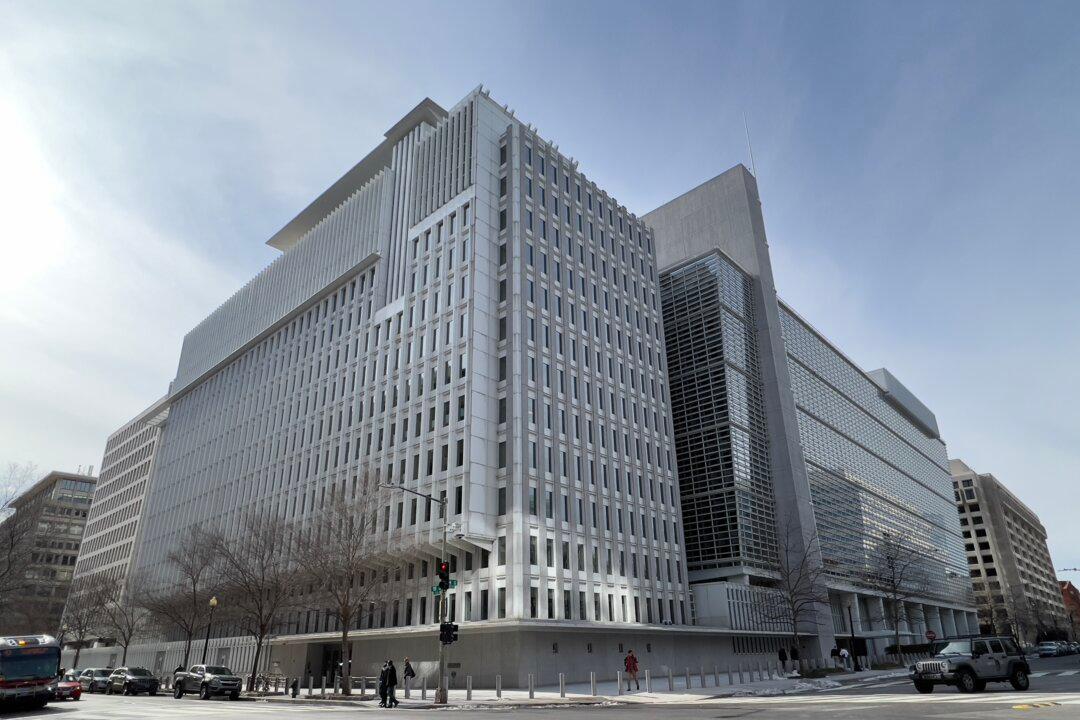Commentary
A change at the World Bank signals change in both U.S. development policy to climate concerns and, possibly, creates a geostrategic risk for the United States.

A change at the World Bank signals change in both U.S. development policy to climate concerns and, possibly, creates a geostrategic risk for the United States.